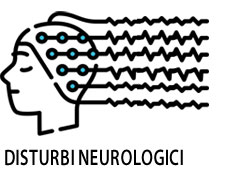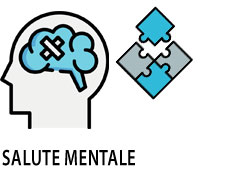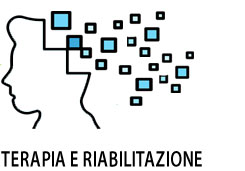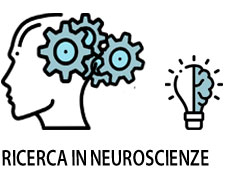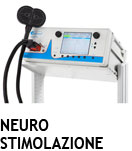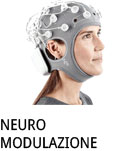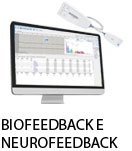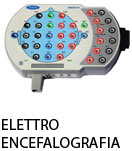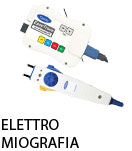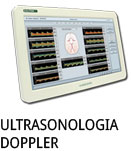- +39 011 5821948
- info@geasoluzioni.it
- Lun - Ven 8:00 - 17:30
High-frequency repetitive TMS for suicidal ideation in adolescents with depression.
- Abstract:
- BACKGROUND: This exploratory study sought to examine the effect of an acute course of high-frequency repetitive TMS on suicidal ideation in adolescents. METHODS: Data were pooled from 3 prior protocols providing a 30-session course of open-label TMS treatment for adolescents with treatment-resistant depression. All participants (n = 19) were outpatients taking antidepressant medication, with TMS provided as adjunctive treatment. Suicidality was assessed at baseline, after 10 treatments, after 20 treatments, and after 30 treatments. Outcome measures of suicidal ideation included the Columbia Suicide Severity Rating Scale (C-SSRS) "Intensity of Ideation" subscale and Item 13 "Suicidality" on the Children's Depression Rating Scale, Revised (CDRS-R). RESULTS: The predicted odds of suicidal ideation (CDRS-R Item 13 and C-SSRS Intensity of Ideation subscale) significantly decreased over 6 weeks of acute TMS treatment without adjustments for illness (depression) severity. However, the magnitude of the decrease in the predicted odds of suicidal ideation across 6 weeks of treatment was attenuated and rendered non-significant in subsequent analyses that adjusted for illness (depression) severity. LIMITATIONS: This was an exploratory study with a small sample size and no sham control. Regulatory and ethical barriers constrained enrollment of adolescents with severe suicidality. CONCLUSIONS: The present findings suggest that open-label TMS mitigated suicidal ideation in adolescents through the treatment and improvement of depressive symptom severity. Although caution is warranted in the interpretation of these results, the findings can inform the design and execution of future interventional trials targeting suicidal ideation in adolescents.
- Patologie/Applicazioni:
- Anno:
- 2018
- Tipo di pubblicazione:
- Articolo
- Parola chiave:
- stimolazione magnetica transcranica; depressione; suicidio; adolescenti
- Testata scientifica:
- Journal of Affective Disorders
- Nota:
- Studio sull'effetto di una terapia d'urto di TMS ripetitiva ad alta frequenza negli adolescenti con intenzioni di suicidio. Dopo un ciclo di 30 sessioni di trattamento TMS, l'intensità dell'idea di suicidio diminuisce ma non il grado di depressione. Principale limitazione: studio esplorativo non condotto in modalità sham.
- DOI:
- 10.1016/j.jad.2018.06.048.
Hits: 2059
La nostra storia
GEA soluzioni si affaccia nel 2013 al mercato della strumentazione medicale di alto livello tecnologico ma la sua storia parte da più lontano, clicca qui per approfondire.
GEA SOLUZIONI SRL
via Issiglio 95/10, Torino
Tel.: 011 5821948 / 011 4463853
Fax: 011 0433281
Email: info @ geasoluzioni.it
P. IVA IT11696920013
REA TO1233648

